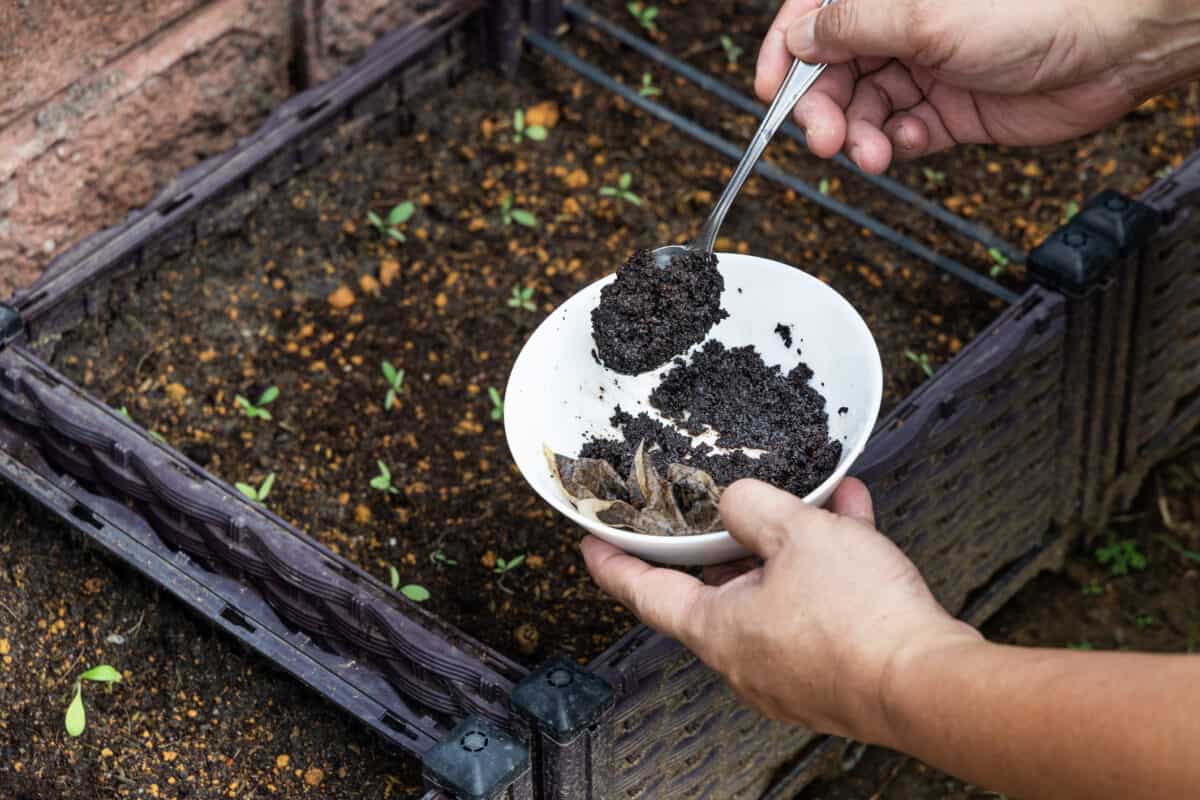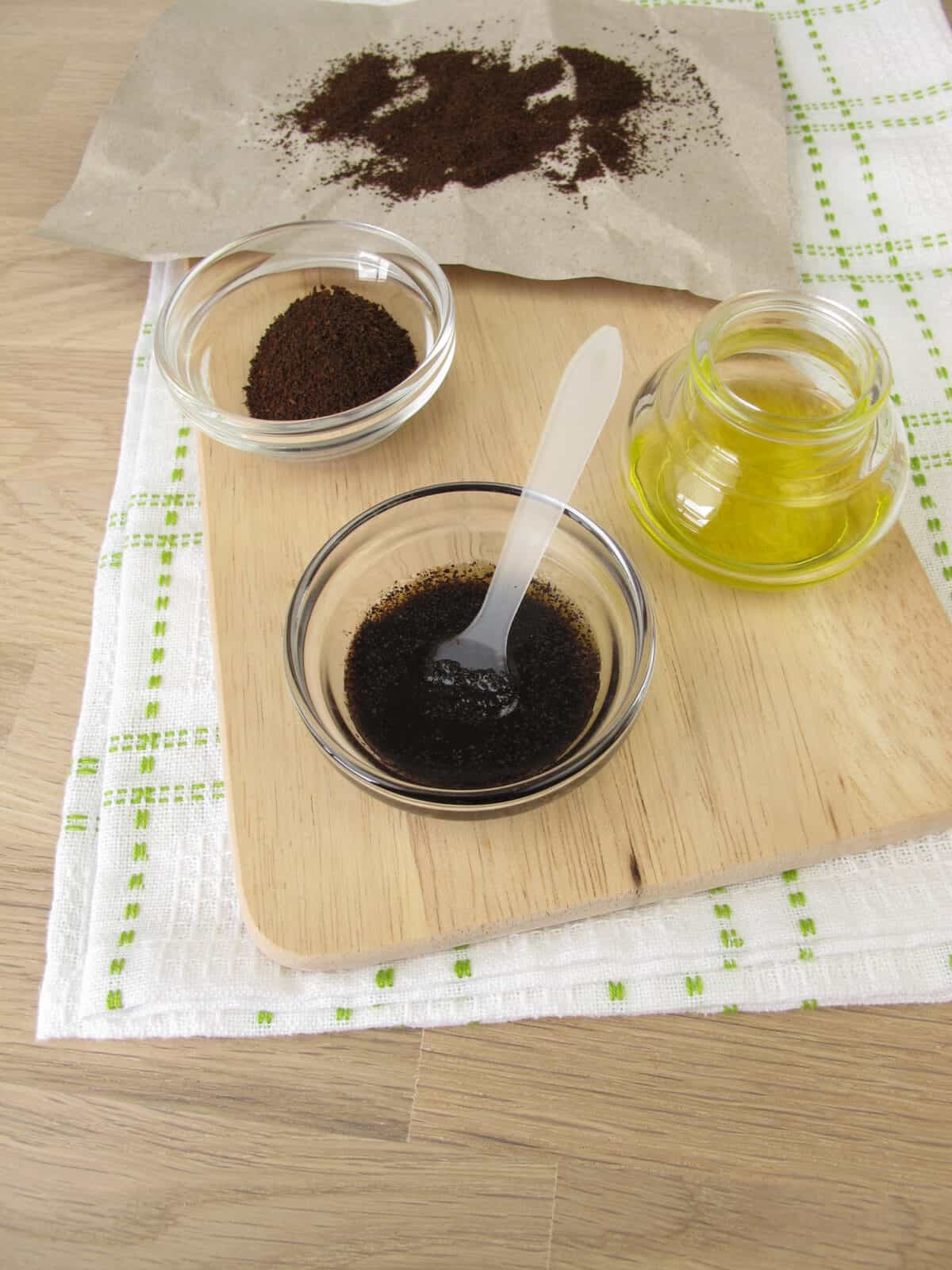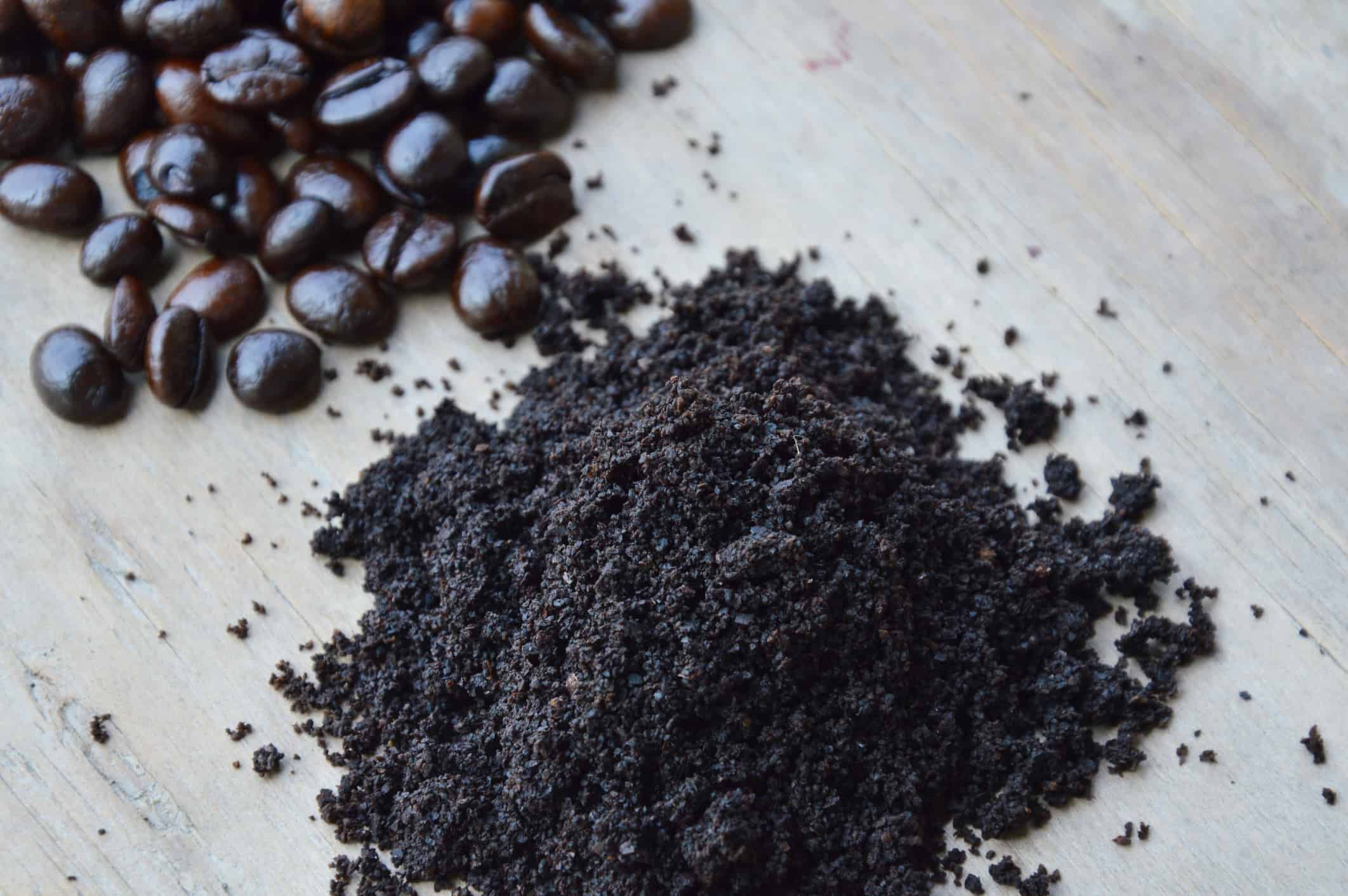If we go back in time, we will discover that coffee grounds have log been a source of fertilizer for outdoor plants and trees. As early as 1853, publications have explained their significance in use as top soil around the base of fruit trees. As society returns to exploring the benefits of preserving a greener earth, coffee grounds top the list of natural uses for these once-discarded remnants. Here are a few of the benefits of their use.
Plant Health
When you take a close look at the coffee bean, the nutritional ingredients may surprise you.
- Potash – 50.4%
- Soda – 14.76%
- Phosphoric Acid – 13.59
- Magnesium – 10.9%
- Lime – 4.33%
This blend is perfect for adding to compost and indoor plants. In addition, coffee grounds can help to raise the moisture level and provide nitrogen and micronutrients for better growth.

©iStock.com/ThamKC
Bug Control
Bugs do not like caffeine. Not only do ants, mosquitoes, wasps, and other insects repel from the scent, but it is also deadly to them. Coffee grounds cause a change in the insects' nervous system. They are unable to produce enzymes and the result is paralysis and death. Sprinkle spent coffee grounds around the base of your house to discourage ants from entering. Flying bugs are more difficult to catch. However, they will stay away from the scent wherever you chose to place the grounds. Use grounds as a flea preventative on animals. Watch fleas disperse from your cats and dogs by sprinkling on their hair and combing against the grain.
While most bugs shy away from the scent of coffee, worms cannot get enough. They will chomp on the grainy substance for healthy growth and help to protect the soil in your garden.
Odor Eliminator
Dried coffee grounds make a wonderful odor eliminator in homes and vehicles. Coffee has a delicious aroma, but it helps to absorb other smells in the environment, as well. Coffee contains nitrogen, which helps neutralize odors in the air quickly and safely.
Coffee grounds are an effective and natural alternative to baking soda. Place an open container of used coffee grounds in the fridge to defuse odors caused by spills or spoiled food. You can also make sachets of coffee grounds. Simply spread damp coffee grounds on a flat pan and place in a 250-degree oven to dry. Place the dried coffee grounds in old pantyhose or mesh bags and tie the top. Place in gym bags, dresser drawers, cars, and other places to deodorize the air and keep your home smelling fresh and clean.
Beauty Care
Coffee grounds can act as an exfoliating scrub to promote healthy and tight skin. Mix dried grounds with coconut oil, vitamin E oil, or jojoba oil, and place on your face and body during your morning shower. Rinse off after a few minutes. Crepe skin will also react to the antioxidants found in coffee. Mix 1/4 cup warm coffee grounds with 1 tablespoon olive oil and rub into areas that have been plagued with cellulite. Wrap with plastic wrap for 10 minutes. For areas that redden easily, coffee grounds mixed with oil can often be lightened by improving the blood flow.

©iStock.com/HeikeRau
If you are familiar with pumice, a volcanic glass known for its abrasive nature, coffee grounds can deliver the same effect. When used in soap, it is an excellent source for removing dried skin cells and leaving hands soft and smooth. Mix dried coffee grounds in with your favorite liquid soap and use when washing your hands.
Cooking
Create your own special recipe rub for meat. Your guests will never believe that coffee grounds is the main ingredient. Blending coffee grounds with brown sugar and spices will deliver a rich smoky flavor. The nitrogen acts as a tenderizer as the meat cooks with garlic and onion. This trick is great for making pulled pork, grilled strip steaks, and beef carnitas.
Desserts can take on a dreamy flavor when mixed with Kahlua. Add to a brownie mix and use as a base for your favorite cheesecake topping. Adding to the cheesecake recipe will give it that extra kick for a real after dinner treat.
Our ancestors were great teachers of recycling spent goods and coffee grounds were no exception. Common sense led to many uses for coffee grounds. For example, wet coffee grounds were perfect for spreading across the soot in a fireplace before sweeping. The moisture helped to absorb the dry soot for easier cleaning. Before scouring powder, coffee grounds were used on pots and pans and for scrubbing floors to remove tough dirt and grime. If you thought that compost was the only good reason for saving coffee grounds, these ideas can help you to rethink how to use in the future.
READ ABOUT MORE HOUSEHOLD PRODUCTS WITH COUNTLESS USES:
- 10 Amazing Uses for Vinegar
- 12 Uses for Epsom Salt You've Never Considered
- 14 Uses for Hydrogen Peroxide
- 9 Handy Uses for Witch Hazel
- Uses for Vicks VapoRub That May Surprise You
- Beneficial Uses for Baking Soda
- 10 Uses for Coconut Oil: From the Kitchen to the Laundry Room
- 30 Uses for Ammonia
The image featured at the top of this post is ©iStock.com/pedphoto36pm.
